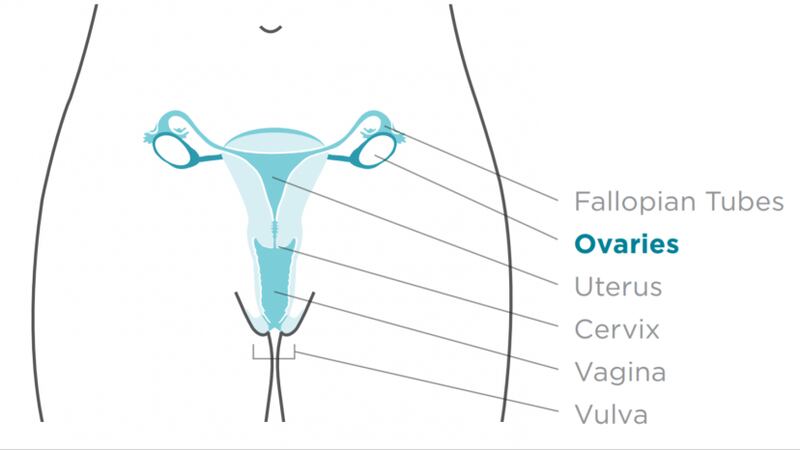It's incorrectly labelled as one of the silent killer cancers, and it often isn't identified until it has spread significantly. As a result, there is just a 42% survival rate beyond five years.
February is Ovarian Cancer Awareness month and one group of women who have or have had the disease are making their voices heard, telling their stories and sharing their experiences.
The Ovarian Cancer Support Group has produced a poster that's being sent to every GP surgery in New Zealand, outlining symptoms.
Spokesperson Lisa Finucane says that ovarian cancer isn't so much silent - just often not heard in the hubbub of daily life. And not just because gynaecological issues aren't usually discussed outside of the doctor's doors.
"There are clear symptoms of this cancer and it's so important that women and their GPs consider ovarian cancer as a possibility when they experience them," she believes.
"The four main symptoms are: persistent stomach/pelvic pain, persistent bloating, difficulty eating/feeling full more quickly, and needing to wee more frequently. Alongside these are back pain, changes in bowel habits (going more often or a lot less), abnormal vaginal bleeding, and extreme tiredness for no obvious reason.
"For more women, these will have another, less serious cause. But for some these are the early warning of ovarian cancer, and if they are overlooked, either by a GP or the person experiencing them, the outcome can be devastating."
With her sister, Rachel Brown co-founded the New Zealand Gynaecological Cancer Foundation and then the Ovarian Cancer Support Group, after the death of their mother from the disease more than ten years ago. She says that many cases are unnecessarily slow to be diagnosed. That's why the most important thing, she says, is for women to understand their bodies' warning signs, to monitor them, and to persist in advising their health providers about the symptoms.
"We want to encourage any woman to act if she has those symptoms, particularly if they [pain] are ongoing, severe, frequent, or out of the ordinary.
"We want women to know to see their GPs as soon as possible and to keep a record of the symptoms to help support a speedier diagnosis. There are online symptom diaries and phone apps available which can help provide more clarity around the severity and regularity of symptoms.
"This could be the difference between a cancer that is contained and can be treated, to one that has spread and frankly has a very serious consequence."
The mortality rate for ovarian cancer is still close to 60% of women dying within five years of diagnosis. In comparison, women with breast cancer rates reducing from 47% to 13% in the same time frame.
"It's time that we talked about symptoms of this and other gynae cancers, the same way we are comfortable talking about breast lumps and dodgy moles. Awareness leads to better vigilance - and will save lives."

